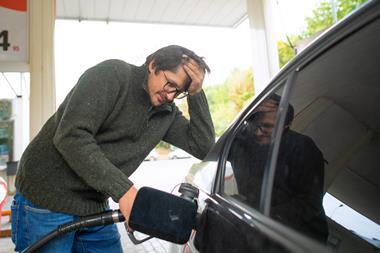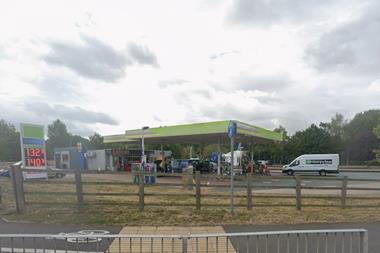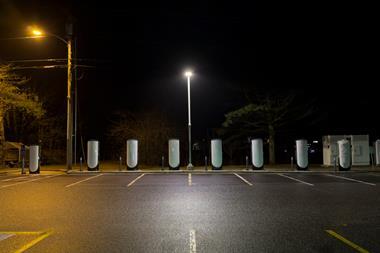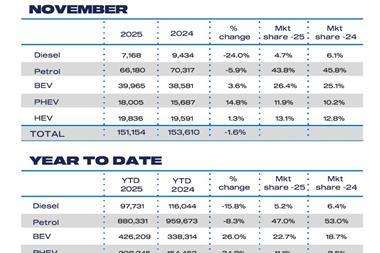Eight out of thirteen car manufacturers will fail to meet EU CO2 emission targets in 2021 and face significant fines according to PA Consulting.
Its annual forecast predicts that Volkswagen, Ford, Fiat, PSA, BMW, Daimler, Mazda and Hyundai-Kia will miss their specific 2021 targets.
Volkswagen could be fined up to €1.4bn, while PSA faces the biggest impact from fines based on EBIT (€600m, representing 20% of its 2017 profit).
Toyota remains the best performing manufacturer in the ranking, Renault Nissan Mitsubishi lists second and Volvo third (down from second last year). Ford and Volkswagen have gone backwards and are in 10th and 11th place respectively.
Daimler and BMW are making progress towards their targets and Jaguar Land Rover still has the highest CO2 emissions, but is on track to meet its specific target.
From a regional perspective, Norway still leads the way seeing a significant reduction on CO2 emissions from cars. All other European countries lag behind with CO2 levels staying broadly the same or even increasing since 2015. Germany is one of the worst performing countries, only ahead of Switzerland in the league table.
Michael Schweikl, automotive expert at PA Consulting, said: “Car makers are running out of time to improve performance quickly enough to avoid fines. Marketing, sales and pricing strategies that increase the take-up of low emissions vehicles will be key in getting manufacturers closer to the targets.”
The Worldwide harmonised Light vehicles Test Procedure (WLTP) cycle will make meeting regulations even harder. The WLTP, which is part of the 2021 regulations, introduces more realistic testing conditions, providing an accurate basis for calculating fuel consumption and CO2 emissions. It is predicted that it will increase CO2 readings by an average of 20%.
Schweikl added: “Car makers need to look beyond 2021. The European Parliament voted to introduce rules that would force car makers to lower their 2020 CO2 emissions targets by 40% by 2030. The final agreement could be closer to a compromise of 35% reduction by 2030 if all EU stakeholders agree on this latest proposition from environment ministers group.
“As such, car makers face a huge change in what they do as they move from the old technology of combustion engines to low emission electric vehicles. While much exciting technological development is already under way, manufacturers cannot underestimate the complexity, cost and cultural change required.”

































No comments yet